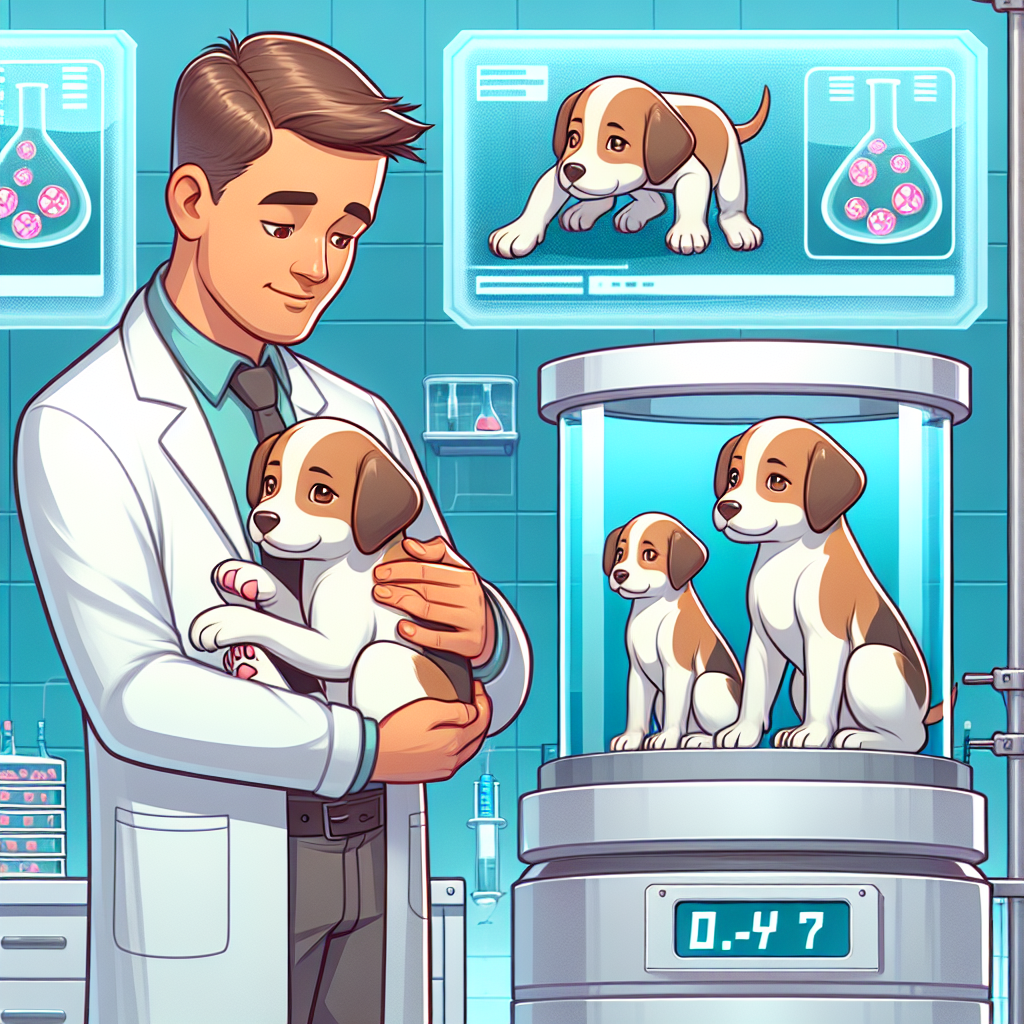
Tom Brady’s Dog Cloning and Its Implications in Pet Health and Ethics
In a world fascinated by advancements in science and technology, pet health and wellbeing have become an increasingly prominent topic. Recently, a piece of news has stirred the pot, combining celebrity fascination with genetic science: Tom Brady announced he cloned his dog. While this might seem like an exciting leap forward in pet care for some, it raises significant ethical questions and implications for the future of pet health.
The Science of Cloning
Cloning, in simple terms, is the process of creating a genetically identical copy of an organism. This technique, once limited to the realm of science fiction, involves complex scientific processes. Cloning pets, particularly dogs, require the use of somatic cell nuclear transfer, where the nucleus of a cell is transferred to an egg cell whose nucleus has been removed.
Pros and Cons of Cloning Pets
- Pros: Cloning can provide comfort to owners who have lost a pet, offering a chance to recreate a companion with similar traits.
- Cons: It involves significant ethical considerations, resource-intensive processes, and sometimes controversial animal rights issues.
One notable company, ViaGen Pets & Equine, offers cloning services for pets. Critics, however, argue that it is risky for the animals involved and often results in failures, highlighting that despite being genetically identical, cloned animals might exhibit different personalities and health behaviours.
Ethical Concerns Around Cloning
Aside from the biological challenges, cloning presents a host of ethical issues. Animal rights activists argue that cloning processes can cause undue distress and suffering to surrogate animals involved in the process and raise concerns about the potential for increasing pet abandonment rates, as some owners might choose to clone pets instead of adopting or rescuing animals in need.
Cloning and Genetic Diversity
Another significant drawback is the potential impact on genetic diversity. Cloning replicates existing genetic materials, which does not contribute to genetic variability in the species, potentially worsening genetic problems in pets over generations.
The Future of Pets and Genomic Technologies
While cloning is a significant advancement in genetic technology, it is a stark reminder of the gap between technological possibilities and ethical viability. Future discussions in this domain should encompass:
- Improving pet health and genetic diversity: Finding balanced solutions between cloning and traditional breeding or adoption methods.
- Regulations for cloning practices: Implementing rigorous ethical standards to ensure the welfare of animals involved.
- Educating pet owners: Encouraging calculations beyond emotional responses and considering the broader societal and genetic implications.
While cloning offers intriguing possibilities, it should not overshadow the broader agenda of pet welfare and responsible pet ownership. Education and awareness can foster responsible approaches to this technology and highlight the importance of genetic health in our beloved animals.
For those contemplating the nuanced and deeply philosophical realm of animal cloning, Tom Brady’s case serves as a primer for the intertwined worlds of pet health, ethics, and advanced genetic sciences. As technology advances, it’s up to us to draw the lines between what we can do and what we should do.




